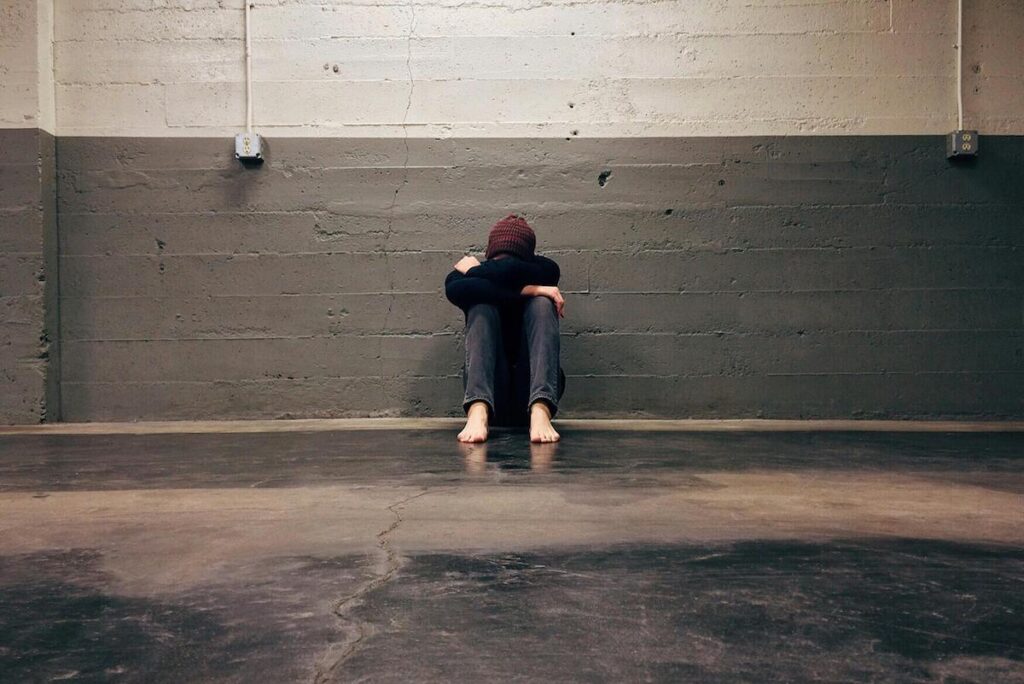Understanding the Connection Between Addiction and Mental Health
For years, addiction has been misunderstood by the public. Many people believed it was solely a lack of willpower or poor moral character. But today, science has firmly established that addiction is a chronic brain disorder that affects how individuals think, behave, and cope with stress. In Columbia, South Carolina, this understanding is growing, but stigma continues to be a barrier for those seeking help.
Addiction and mental health are closely linked. Many people who struggle with substance use also live with conditions such as depression, anxiety, or trauma. These co-occurring disorders often go untreated, making recovery more difficult. Without proper mental health support, the cycle of addiction can continue, even with the best intentions to change.
Recognizing addiction as a mental health disorder is crucial to improving outcomes for individuals and families in Columbia. When we treat both the substance use and the underlying mental health condition together, people have a better chance at long-term recovery.
The Role of Stigma in Addiction and Mental Health
Stigma refers to the negative beliefs and attitudes people hold about something, often based on misunderstanding or fear. When it comes to addiction, stigma shows up in many ways: judgmental comments, social exclusion, and discrimination in healthcare settings. For individuals in Columbia, this stigma can prevent them from reaching out for help when they need it most.
The same is true for mental health. Despite growing awareness, many still view mental illness as a personal weakness rather than a legitimate medical condition. This judgment only adds shame to those already suffering, making recovery more complicated.
Reducing stigma means changing the conversation. It starts with education, empathy, and the understanding that addiction and mental health challenges can affect anyone, regardless of background or status. Columbia residents can lead this change by replacing criticism with compassion.
Why Co-Occurring Disorders Are So Common
Substance use and mental health issues often go hand in hand. When someone is dealing with anxiety, depression, PTSD, or bipolar disorder, they may turn to alcohol or drugs to ease their pain. This self-medication might offer short-term relief, but over time, it worsens the underlying condition.
In Columbia SC, many people entering addiction treatment are also diagnosed with a co-occurring mental health disorder. This dual diagnosis requires specialized care that addresses both conditions simultaneously. If only one issue is treated, the chances of relapse increase.
Effective recovery programs understand the importance of integrated treatment. This means using therapeutic approaches that treat the whole person, not just the addiction or the mental illness in isolation.
How Misconceptions Harm Recovery
One of the most damaging myths about addiction is that people can simply “choose” to stop. In reality, chronic substance use changes brain chemistry, especially in areas that control judgment, reward, and impulse. Telling someone to “just stop” ignores the complexity of the condition and discourages them from seeking the help they need.
In Columbia, many families still struggle with these beliefs. Parents, spouses, or friends may feel confused, angry, or betrayed by their loved one’s behavior. Education can help families understand that addiction is not a moral failure. It’s a health condition that requires professional support.
When the community embraces this truth, individuals in recovery feel safer coming forward. This shift can lead to earlier intervention, stronger support networks, and improved recovery rates.
Treatment Options in Columbia SC
The good news is that high-quality addiction and mental health treatment is available in Columbia. Programs like The Wave of Columbia specialize in treating dual diagnoses with evidence-based approaches. These include Cognitive Behavioral Therapy (CBT), Dialectical Behavior Therapy (DBT), and trauma-informed care.
Treatment may begin with detox, where individuals safely withdraw from substances under medical supervision. After detox, they may enter residential treatment or participate in outpatient programs, depending on their needs.
The most successful programs offer personalized treatment plans. No two people experience addiction the same way, so recovery must be flexible and adaptable.
The Importance of Community and Peer Support
Recovery doesn’t happen in isolation. One of the most powerful tools in healing is connection. Support groups, peer mentors, and community-based resources offer encouragement, accountability, and understanding. In Columbia, these networks are growing stronger every year.
When people feel supported by others who understand their struggles, they’re more likely to stay committed to recovery. Community reduces shame and reinforces the message that healing is possible.
Families also benefit from joining support groups. These spaces provide tools for setting boundaries, managing expectations, and rebuilding trust. Recovery is a shared journey, and strong relationships make it more sustainable.
What Columbia Can Do to Support Change
Breaking the stigma around addiction and mental health in Columbia requires collective effort. Schools, workplaces, churches, and neighborhoods all play a role in creating an environment where people feel safe seeking help.
Educational campaigns can raise awareness about the signs of addiction and mental health issues. Employers can offer mental health benefits and support returning workers after treatment. Faith communities can open their doors to recovery meetings and outreach programs.
The media also plays a role. Stories that humanize addiction rather than sensationalize it can change public perception. Highlighting success stories in Columbia helps people see that recovery is not only possible—it’s happening all around them.
Moving Forward with Compassion and Understanding
Stigma is a powerful force, but so is compassion. When people in Columbia learn to view addiction through the lens of mental health, they open the door for meaningful recovery. This shift not only benefits individuals in treatment but strengthens families, communities, and the region as a whole.
Understanding addiction and mental health as intertwined challenges allows for better solutions, earlier interventions, and a stronger support network. Everyone has a part to play in creating a more compassionate Columbia—one that sees addiction not as a failure, but as a call for help that deserves an answer.
If you or someone you know is struggling, know that help is available. The path to recovery begins with understanding—and it starts today.



